The Importance of Electrolyte Supplementation on Keto
Primal Edge Health participates in the Amazon Services LLC Associates Program and other affiliate programs and therefore, may collect a share of sales or other compensation from the links on this page. This comes at no additional cost to you, and all the prices and availability are accurate at the time of publishing.
Electrolyte supplementation on keto is something to be aware of. Forcing our metabolism to burn fat over sugar through carbohydrate restriction on a keto diet, changes the way our bodies process electrolytes and water.
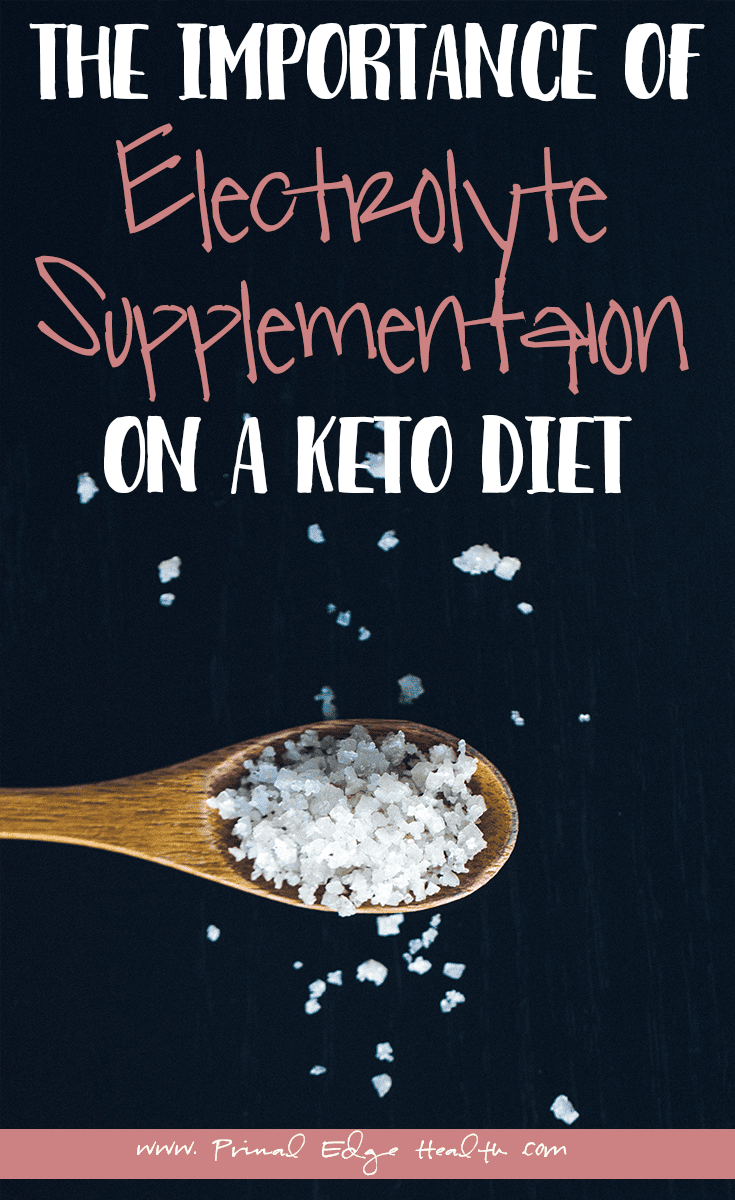
After learning how to set macros on keto, regulating your electrolytes is the next step in a well-designed ketogenic diet.
Table of Contents (click to view)
What are the effects of a Ketogenic Diet on Electrolytes?
Keto dieters often notice their weight goes down after a few days of adapting to a ketogenic diet. With fewer carbs in the diet, we produce less insulin and deplete glycogen stores from the liver. Our bodies retain three grams of water for each one gram of glycogen. After glycogen is depleted and our kidneys dump the corresponding water weight, we experience an initial weight drop on the scale. This is just water weight, usually, no fat has been lost just yet.
We must be careful because as the kidneys flush out the water, important electrolytes can go too!
Sodium, magnesium, and potassium are the main electrolytes relevant to a ketogenic diet. These three specific nutrients play an important role in our energy production, neurological function, temperature control, heartbeat, and muscle contraction.
Symptoms of electrolyte deficiency include:
- Leg or other muscles cramps, Charlie horses at night
- Heart palpitations or racing heart
- Feeling shaky, dizzy or weak, lightheaded
- Headaches or migraines
- Constipation and bloating
Many of these symptoms are signs of what is termed “keto flu”, which may occur during the first few days of keto adapting. No one needs to suffer the keto flu! All of these situations are completely avoidable and easily remedied by self-monitoring electrolyte regulation.
Is the adaptation period worth it? Learn about the benefits of a ketogenic diet and find out.
If you’re struggling getting through the first few days, continue reading The Secret to an Easy Keto Adaptation for additional clarity.
Electrolytes on a Carnivore Diet
Electrolyte imbalance also happens on a carnivore diet, so if you’re eating zero-carb, take note of this information as well!
Salt is so important on a ultra-low carb animal-based diet that it is included in the top three things to eat on a carnivore diet: meat, water, salt.
Is Electrolyte Supplementation on Keto Necessary?
Electrolytes are important nutrients, similar to a fourth “macro”. Strive to get them from food based sources as much as possible. If you feel symptoms of low electrolytes, employ proper supplementation as needed.
The initial adaptation period is the most important time to monitor electrolytes. The longer we use a ketogenic diet, the better our bodies will adapt and learn to regulate electrolytes levels on its own.
Sodium
The most important electrolyte to consider, especially when symptoms of fatigue, lethargy, weakness, and headaches occur.
Food sources: salt! Salt your food to taste, be liberal with it. Take a look at our favorite types of salt. Additionally, bone broth can be a source of sodium too.
How to supplement? Aim for 5,000-6,000 mg of salt daily. Add it all to your meal or toss it back like a vitamin pill and drink some water. Take an extra ¼ or ½ teaspoon of salt around intense work outs, hot yoga sessions, heat exposure and other situations in which you sweat a lot.
Listen to our podcast Episode 144: Eat. All. The. Salt for more.
Magnesium
Used throughout the whole body; consider if experiencing symptoms like muscle cramping and twitching, constipation, headaches, or poor sleep.
Food sources: pumpkin seeds, mackerel, cacao, and avocado
How to supplement? 400mg 2-3x daily of magnesium glycinate. Magnesium Oxcide is a strong laxative and not recommended. Learn more about the various forms of magnesium here.
Potassium
In most cases dietary potassium is sufficient. Consider supplementing on an as-needed basis if heart palpitations or heightened awareness of heartbeat persists.
Food sources: avocado, mushrooms, salmon, and meat
How to supplement? 1/8th teaspoon 2x daily of potassium citrate.
Are you clear on your food choices? Learn what and what not to eat on a ketogenic diet.
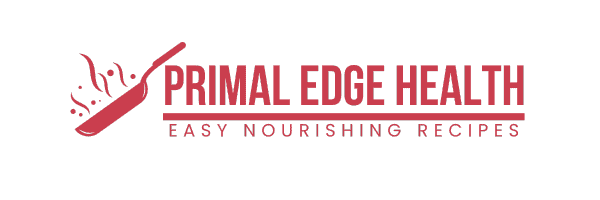
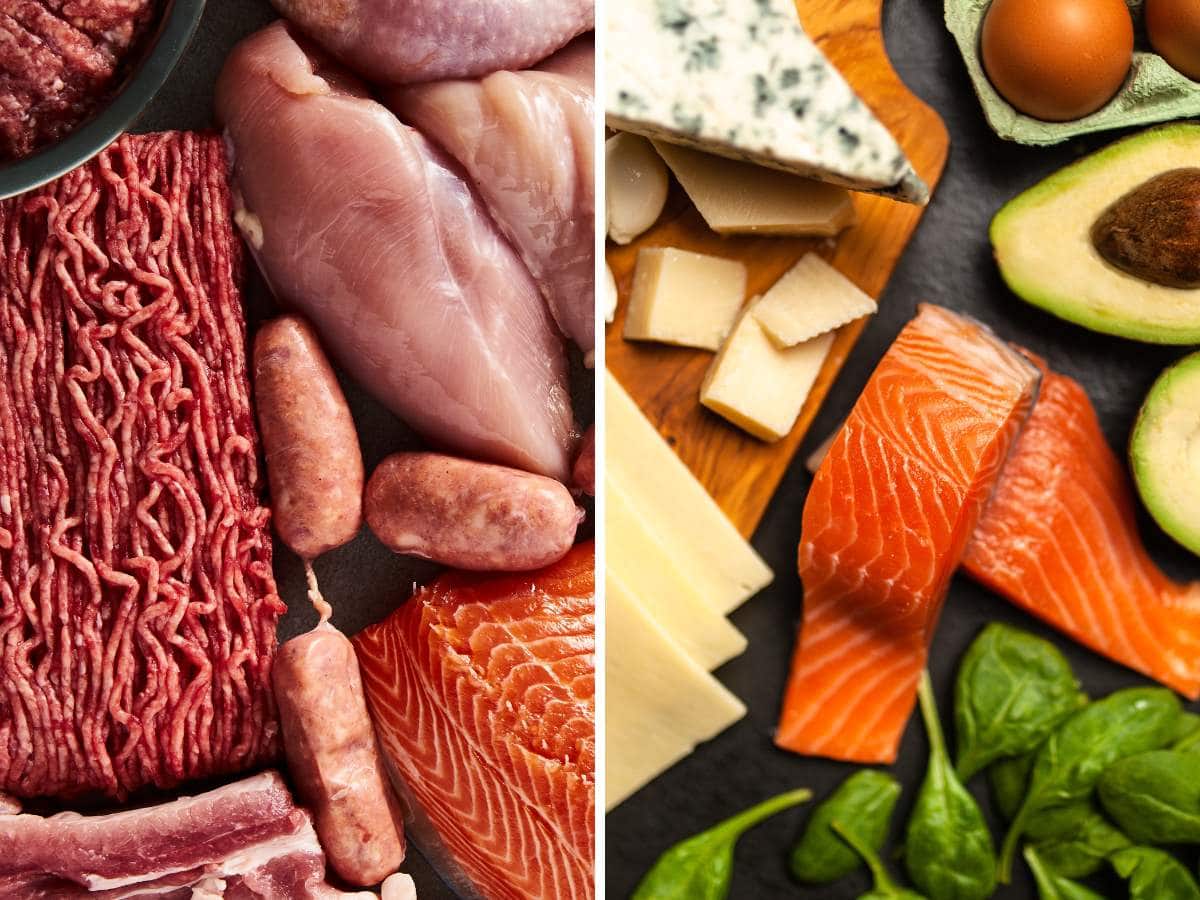
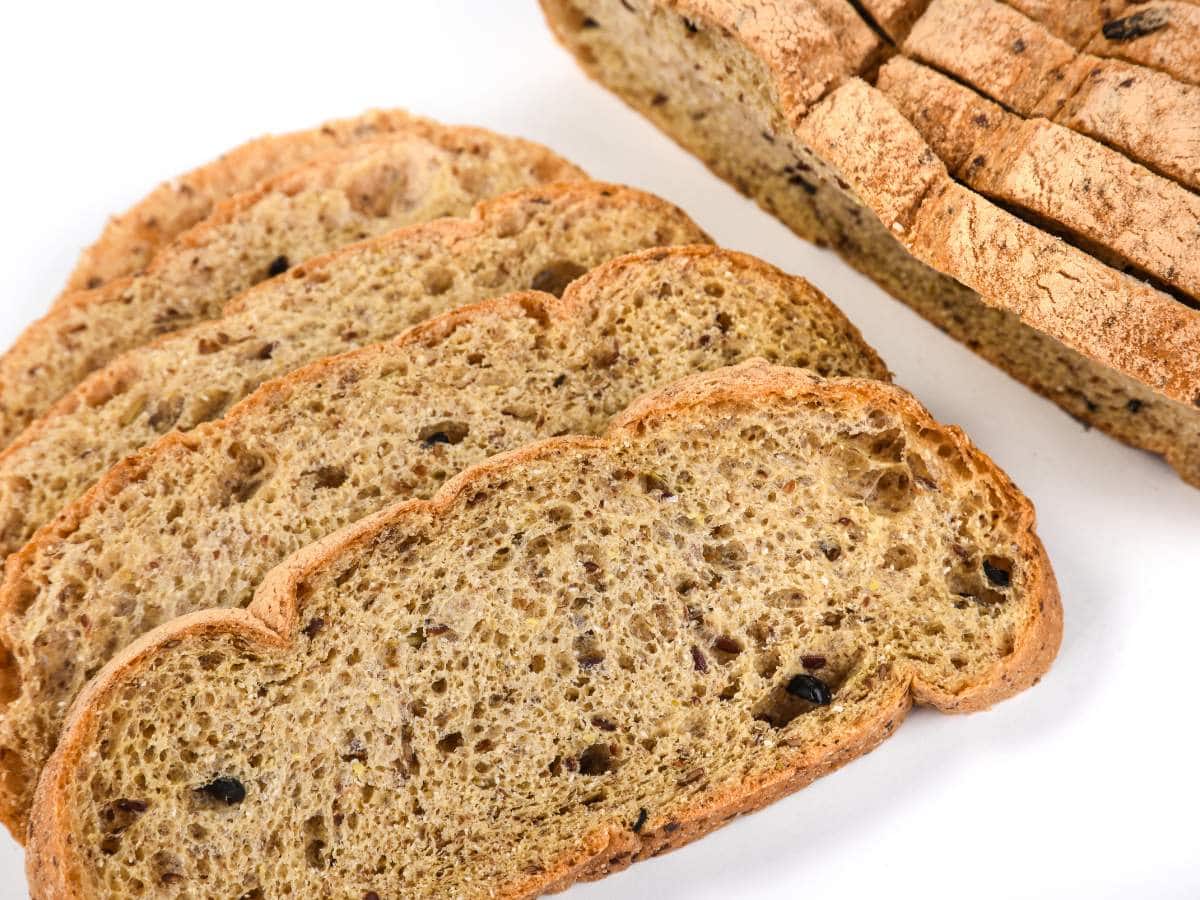
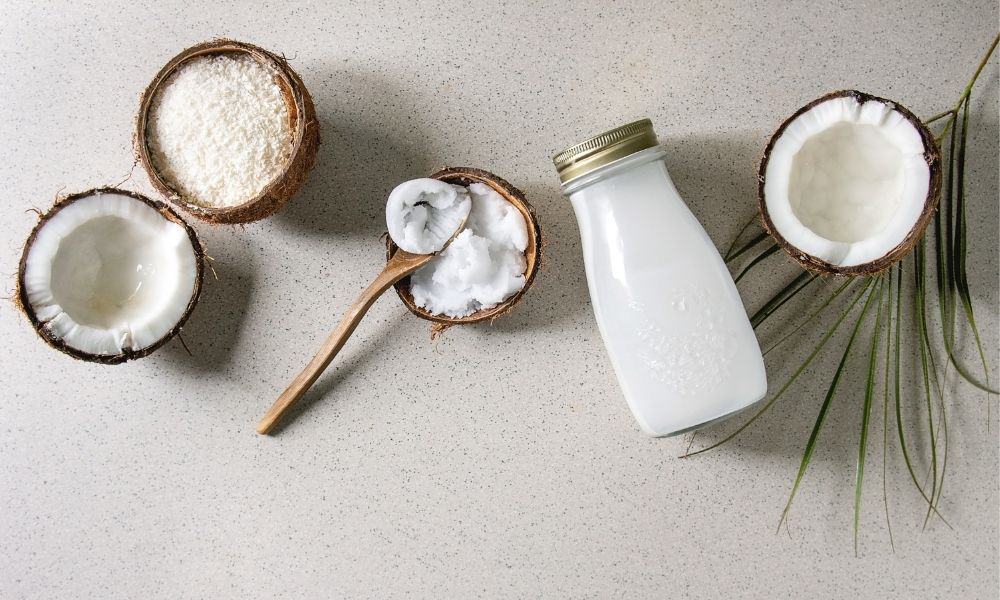
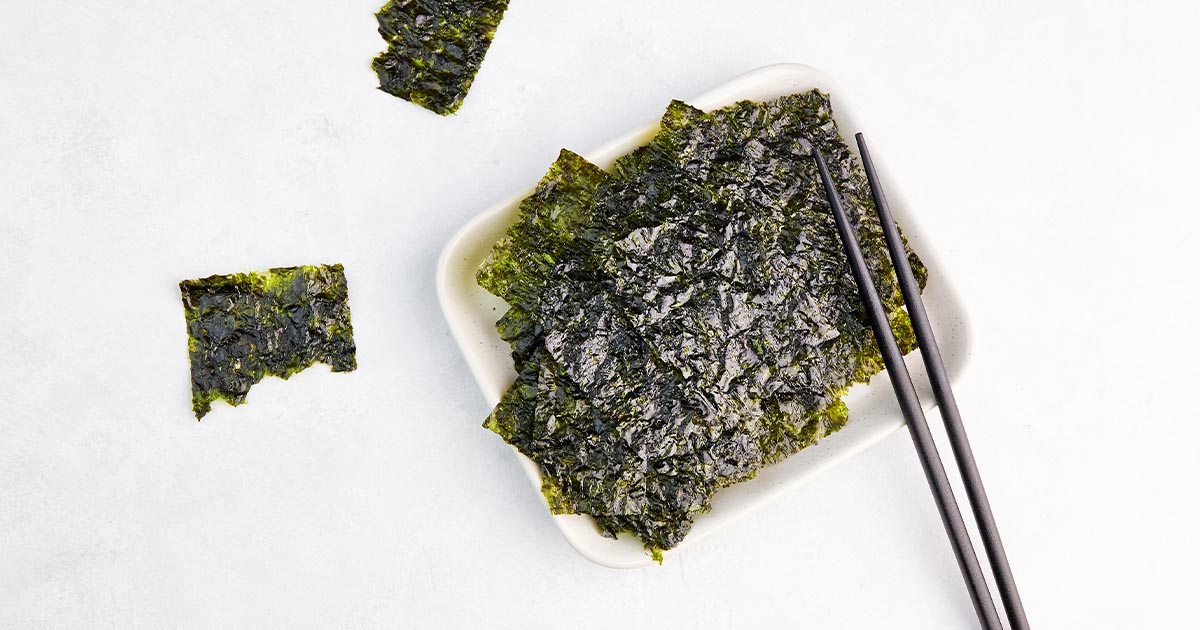
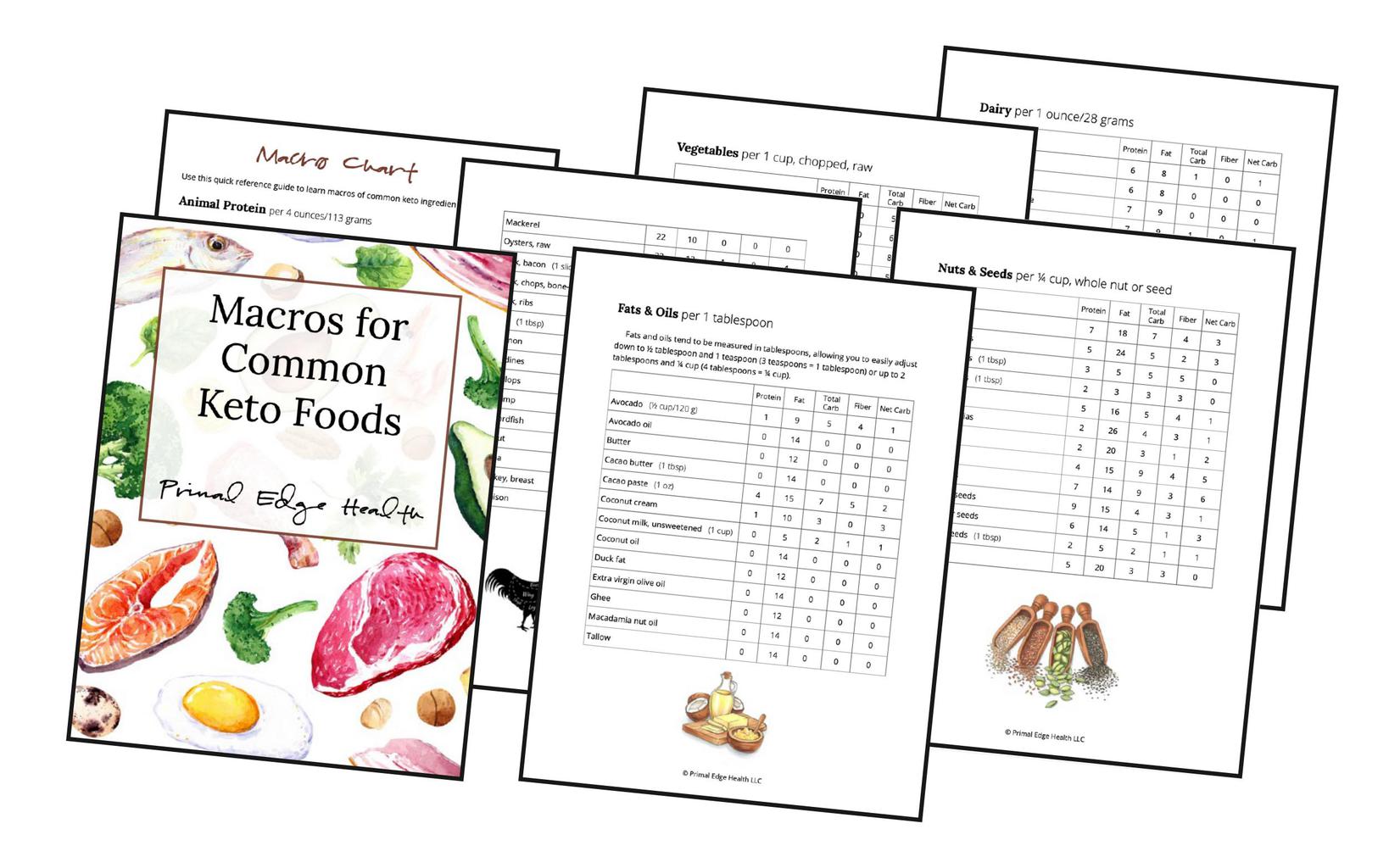

6000mg of salt seems a bit much, no? Wouldn’t that hurt your kidneys?
Hi Sanne, sodium needs can vary depending on diet and individual health. On a keto diet, higher sodium intake (around 3,000–5,000 mg per day) is often recommended to offset increased sodium loss. However, 6,000 mg may be on the higher end, and excessive intake could pose risks for some people, especially those with kidney or blood pressure concerns. If you’re unsure about the right amount for you, it’s always best to check with a healthcare professional. Let me know if you have any other questions!
A very useful and relevant article on electrolyte supplementation, especially for those on a Ketogenic Diet. Appreciate all the information we need to know.